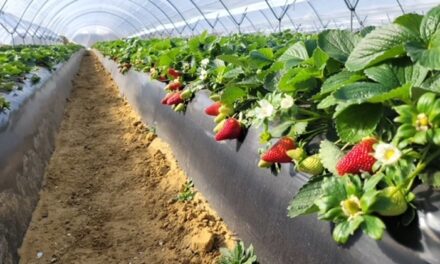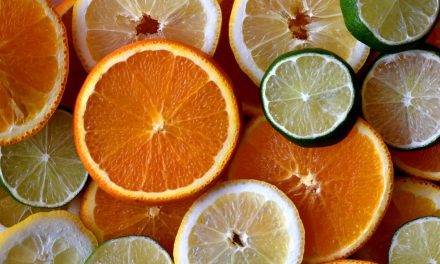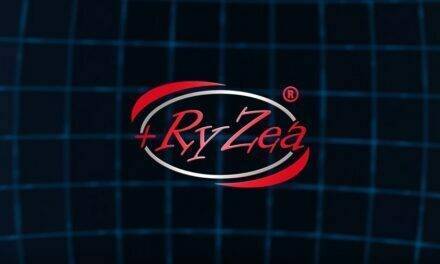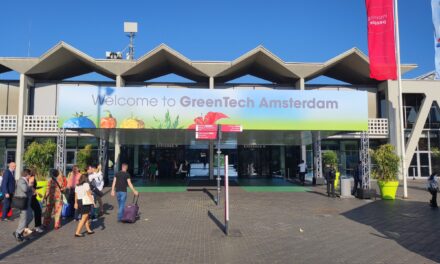
Quality of irrigation water: How to measure conductivity?
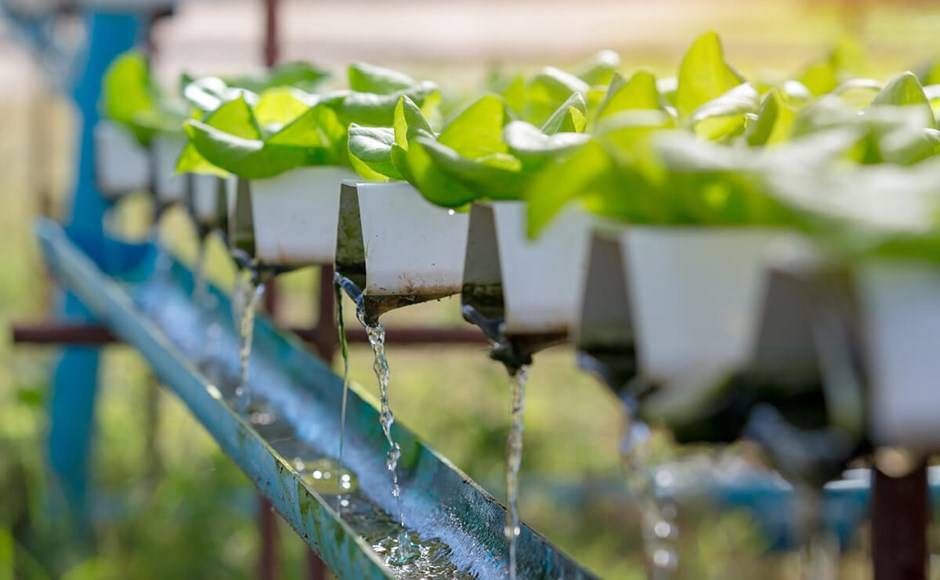
German company STEP Systems Gmb offers to the market three portable meters to measure the conductivity of water
Quality of the irrigation water may affect both crop yields and physical soil conditions, even if all other conditions and cultural practices are favourable.
But different crops have different irrigation water requirements. And fertilizer chemicals, which leach to water sources, may also affect the water.
So the main problem related to irrigation water quality is water salinity. Water salinity refers to the total amount of salts dissolved in the water. High level of salts in the irrigation water reduces water availability to the crop (because of osmotic pressure) and causes yield reduction.
Most common parameters used for determining the irrigation water quality, concerning its salinity, are electrical conductivity (EC) and total dissolved solids (TDS).
From these two parameters, electrical conductivity can be identified quickly and inexpensively, using portable meters.
STEP Systems Gmb offer you the following tools to measure conductivity:
ECO EC Pocket Tester for semi-professional use
The result is displayed as EC in mS or TDS in ppm. Automatic temperature compensation. Replaceable electrode. Battery level indicator, stability indicator, automatic 2-point calibration.
COMBI 5000 EC, follow-up model to EC 3000
It is supplied with a high-quality electrode with platinum sensors providing exact measurements from 0 to 200 mS. Easy to use, maintenance-free, waterproof and very robust for field or laboratory application. Automatic temperature compensation.
COMBI 5000 pH+EC, conductivity meter and pH meter in one device
The ideal combination for all users of hydroponic growing systems, for consultants and salesman of liquid fertilizers, fertilizer mixers, etc.
More information about these products on the STEP Systems GmbH website.
Información relacionada
Podredumbre en pimiento: tener en cuenta la calidad sanitaria del agua de lavado

